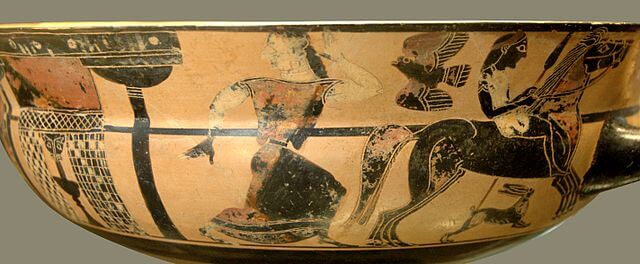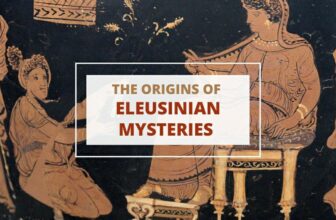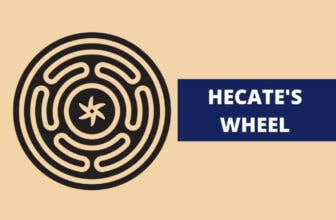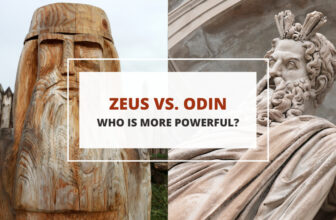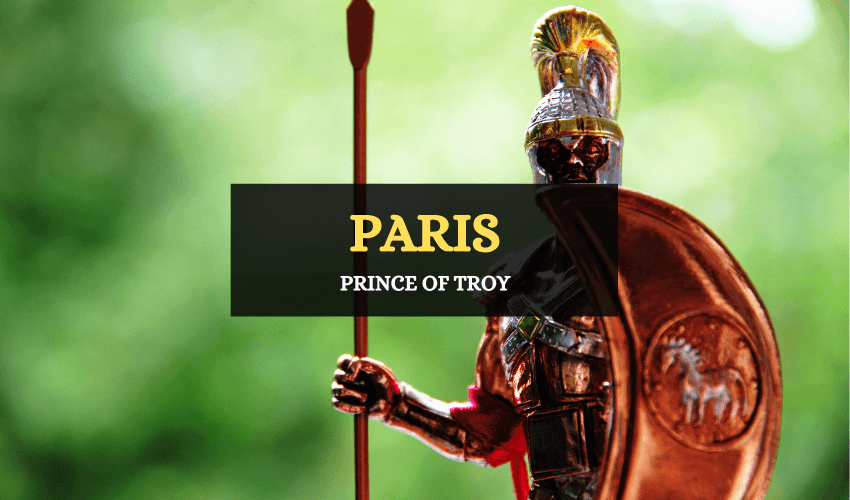
Table of Contents
Among the most significant events of the Trojan War, Prince Troilus’ death is often thought of as the starting point of Troy’s demise. His story with Cressida set about a long tradition of writings and depictions about him. Here’s a closer look at his myth.
Who was Troilus?
Troilus was the son of King Priam and his wife, Queen Hecuba. In some accounts, his biological father was not Priam, but the god Apollo. Either way, Priam treated him like his own son, and Troilus was one of Troy’s princes, along with Hector and Paris.
The Prophecy about Troilus
The Trojan War was a conflict in which the Greek nations attacked and sieged Troy to rescue Queen Helen of Sparta, who had been taken by prince Paris of Troy. When the Trojan War began, Troilus was still a teenager. There existed a prophecy that said that if Prince Troilus reached the age of 20, Troy would never fall, and the Greeks would lose the war.
Athena, who had sided with the Greeks in the war, informed the hero Achilles of this prophecy. Achilles ambushed Troilus and his sister, Princess Polyxena, when they had gone out of the protective walls of Troy to ride their horses. Achilles found them at a fountain, but they used their horses to escape. However, the hero would eventually catch them and kill them both in the temple of Apollo, mutilating Troilus’ body. The Trojans greatly mourn Troilus’ death.
Troilus as a Warrior
In some accounts, Troilus did not die as a boy at the beginning of the war, but during a battle after having won several fights in the absence of Achilles. Troilus was a brave warrior whose courage had won him the command of a war battalion. Nevertheless, in these stories, his final fate remains unchanged. He dies by Achilles’ sword in Apollo’s temple.
Achilles’ Death
In the final battle of the War of Troy, Prince Paris of Troy killed Achilles. According to some myths, Apollo directed Paris’ arrow to strike Achilles’ heel, which was his only vulnerable spot. Apollo did this to avenge the death of his son and the dishonoring of his temple. In this sense, Troilus’ role in the war would also influence the destiny of one of Ancient Greece’s greatest heroes, Achilles.
Troilus and Cressida
Troilus fell in love with Cressida, a Trojan woman who promised him loyalty and love, but when her father allied with the Greeks, she fell in love with Diomedes, a Greek warrior. Cressida’s betrayal devastated Troilus. Some accounts even say that he willingly let Achilles kill him for that.
In Virgil’s epic the Aeineid, the author mentions the romance between Troilus and the Trojan maiden, although it’s only described as a minor plot point. However, this love story was chosen by many medieval authors who took the characters as the basis to create a love story. The first to write about it was a storyteller called Benoît de Sainte-Maure, who wrote a complex romance in the 1100s.
The work of Sainte-Maure would serve as the base for Giovanni Bocaccio’s poems with the same theme in the 1300s, and later for Shakespeare’s play Troilus and Cressida in the 1600s. The name Cressida, however, does not appear in Greek mythology, so she was an artistic invention of the authors.
In Brief
Troilus’ story was paramount to the Trojan war since his death marked the beginning of Troy’s demise. Although his role in the war might not have been as central as that of his brothers, the prophecy relating to him was an important point of the Trojan War. Today, he’s remembered outside of Greek mythology, thanks to the works of the great poets of medieval times who spread his story in the Western world.



